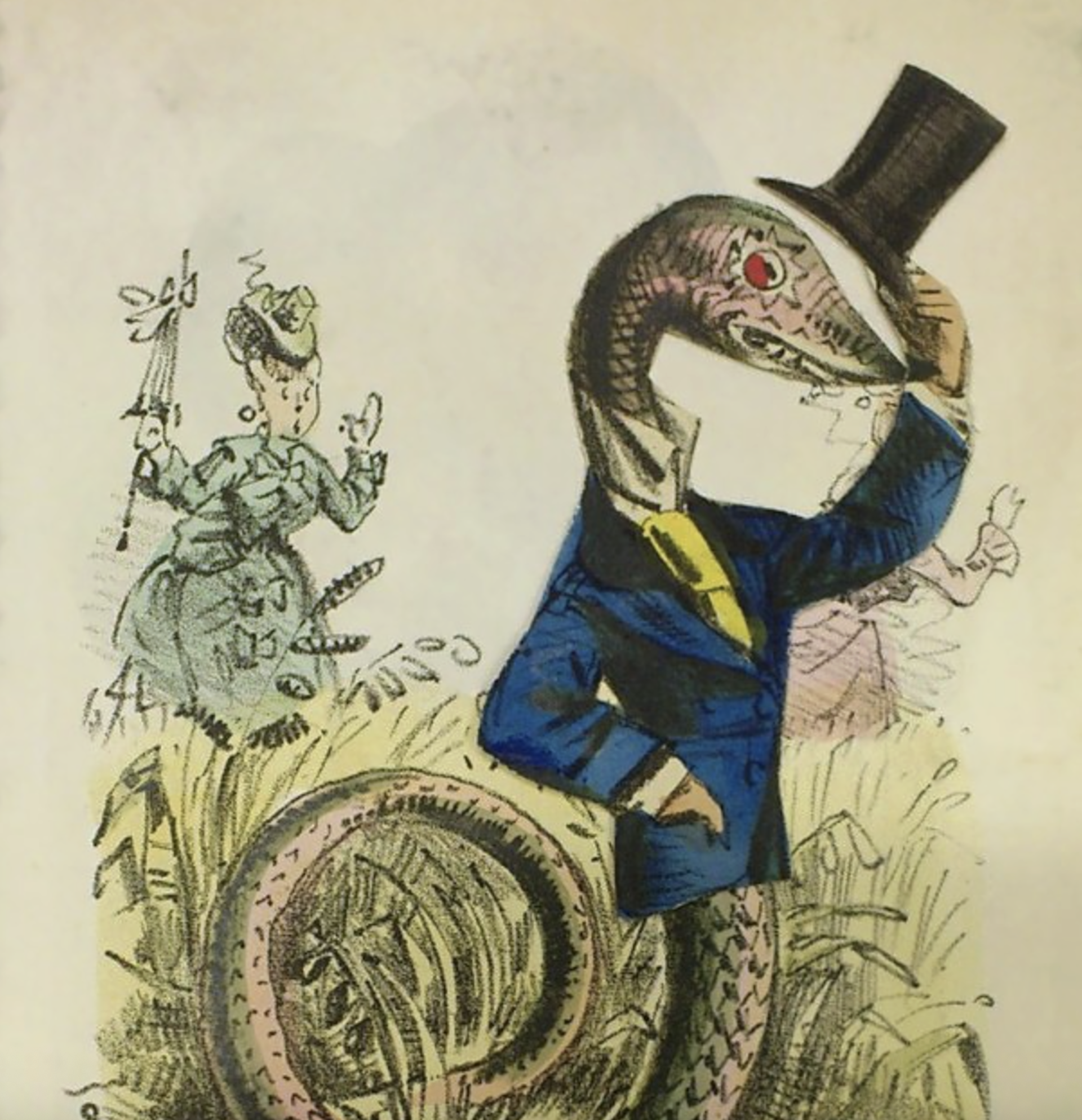How a job acquires a gender (and less authority if it's female)
Why do we consider some occupations 'male' and other 'female'? New research sheds some light on how giving jobs genders hurts everyone, men included.

“I’m not bossy, I’m the boss.”
So proclaims Beyoncé in a video in support of the #banbossy campaign. The campaign highlights how when little boys take charge, they’re often praised for being a “leader.” But when little girls do, they’re more likely to be scolded for being too “bossy.”
And it matters for grownups, too. Research and media stories abound with examples of how gender stereotypes disadvantage women leaders. A woman manager is less likely to be taken seriously by the people who work for her.
When men direct others, they’re often assumed to be assertive and competent. But when women direct others, they’re often disliked and labeled abrasive or bossy.
Our new study puts a twist on this narrative. Gender bias doesn’t merely disadvantage women, it also can disadvantage men. The reason? We don’t just stereotype men and women. We stereotype jobs.
Firefighters and nurses
Many jobs in the economy are gender-stereotyped. Firefighting is thought of as a man’s job, whereas nursing is thought of as women’s work.
Previous studies have shown that these stereotypes – which shape our expectations about whether a man or a woman is a better “fit” for a given job – are powerful because they can bias a whole host of employment outcomes. For instance, they influence the chances that a man or a woman will apply for the job, that he or she will be hired, the pay each would receive and even performance evaluations that determine promotions.
But how quickly do these gender stereotypes get attached to jobs in the first place? And, to what extent might such stereotypes affect the level of authority and respect that people are willing to give the man or woman who works in that job?
How a job gets stereotyped
To answer these questions, we studied a job that is ambiguously related to gender: a microfinance loan manager in Central America.
In this region, the microfinance loan manager job is new and gender-balanced in its composition. Unlike firefighters or nurses – jobs that are already strongly gender-stereotyped – loan managers at the microfinance bank we studied are about 50/50 men and women.
The nature of commercial microfinance makes managers’ positions more gender-ambiguous. Microfinance is associated with the financial industry, which is traditionally masculine. But microfinance also has a legacy of social service and poverty alleviation, which are female-stereotyped activities.
Additionally, in the context we studied, the loan manager job had been around for less than 10 years, making it even less likely that clients would have strong preconceptions about whether it was a “man’s job” or a “woman’s job.”
Loan managers at the bank we focused on are frequently reshuffled from one borrower to another. This quasi-random reshuffling allowed us to observe how borrowers’ repayment patterns differed when they were paired with male and female loan managers. For example, a borrower might be paired with a male manager initially and then transferred to a female manager. This switching process allowed us to examine how clients’ repayment rates varied when the only thing that changed was their managers’ gender.

We examined borrowers’ missed payment rates as a measure of the authority they afford their managers. Making a payment on time signals that the borrower views the manager as someone whose authority is legitimate and whose directives should be followed. In contrast, missing a payment signals that the borrower feels he or she can approach his or her responsibilities to the manager more laxly. When borrowers miss payments, it suggests the manager lacks the ability to secure compliance and therefore lacks authority.
We found that it took only one interaction before clients assigned a gender to the job and began to treat anyone in that role (man or woman) based on that stereotype, which meant less authority if the loan manager position was seen as a “woman’s job.” So if a client’s first manager was a woman, they would tend to miss more payments on their loan – even if later transferred to a male manager – compared with one who was initially paired with a man. These effects persisted even when we accounted for other factors that might affect repayment, like income and loan size.
Male managers whose clients perceived the job as a “woman’s job” experienced an especially large disadvantage compared to male managers whose clients perceived the job as a “man’s job.”
When men stepped in to work with a client who had initially worked with another male loan manager, the client was highly compliant with his directives. But when men stepped in to work with a client who had initially worked with a female loan manager, the client afforded them much less authority. They were much less compliant than they would have been if they had initially worked with a male loan manager.

Gendered jobs harm us all
When gender stereotypes get attached to a job, it biases the authority that people attribute to the man or woman who happens to work in that position. In this way, men experience negative bias when working in positions that others associate with women.
Our findings show that, when men work in a managerial job that people associate with a man and male stereotypes, they are able to wield a substantial amount of authority over clients. But when the very same managerial job happens to be associated with a woman, men who work in that position are viewed as significantly less legitimate sources of authority.
In other words, our study suggests that stereotyping a job as “women’s work” and societal biases that grant women less authority than men harm us all.
Ideally, we want to live in a world where we perform the work that is best suited to our abilities and where an individual in a position of authority receives the same respect, regardless of gender. If we all can support both men and women who work in gender-atypical roles, perhaps we can become less likely to devalue some workers on the basis of arbitrary and old-fashioned gender stereotypes.
Sarah Thebaud receives funding from the Kauffman Foundation.
Laura Doering receives funding from the Fulbright Institute, the Kauffman Foundation, the Mellon Foundation, the Lee-Chin Institute for Corporate Citizenship, and the Social Sciences and Humanities Research Council of Canada.
Read These Next
Held captive in their own country during World War II, Japanese Americans used nature to cope with t
Incarcerated in rough barracks surrounded by barbed wire and armed soldiers, Japanese Americans made…
Valentine’s Day cards too sugary sweet for you? Return to the 19th-century custom of the spicy ‘vine
Victorians found a way to anonymously tell people they didn’t like exactly how they felt.
Fifteen years after Egypt’s uprising, how faith and politics reshaped a generation
The 2011 revolution transformed religious life in unexpected ways – especially among some young Egyptians.





